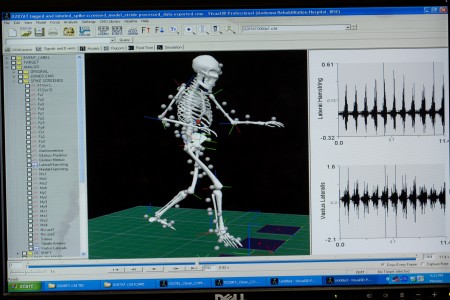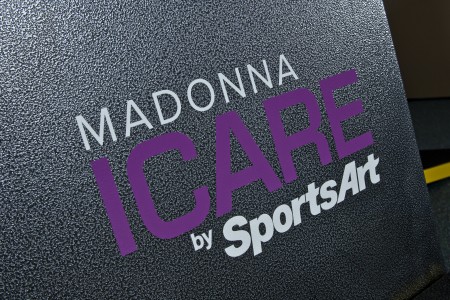For people recovering from an illness or traumatic injury, learning to walk again is a major milestone.
Patients who use automated treadmills or robotic gait devices during rehabilitation often regain their ability to walk sooner because these machines provide stability, support and mass step repetition while patients rebuild strength.
But at $300,000 or more, small hospitals and clinics can’t afford these machines. A partnership between Madonna Rehabilitation Hospital in Lincoln, Neb., and UNL yielded an alternative.
Judith Burnfield, physical therapist and director of Madonna’s Institute for Rehabilitation Science, conceived the idea for an elliptical machine that offered the therapeutic benefits of standard gait devices at about one-tenth the cost.
She approached Carl Nelson, a UNL mechanical engineer, to help Madonna develop the Intelligently Controlled Assistive Rehabilitation Elliptical system, or ICARE. The ICARE system integrates sensing and actuation components that enable the machine to increase or decrease power depending on the amount of support a patient needs to maintain a natural walking gait.
“Nelson’s leadership ensured that the technology adjusts to the unique rehabilitation needs of individuals with weakness, movement control and pain,” Burnfield said.
Madonna’s Research Institute received a grant from the National Institute on Disability and Rehabilitation Research to support the ICARE’s development. It is used at Madonna and other leading rehabilitation hospitals to help patients recovering from neurologic and orthopedic disorders.
Madonna partnered with SportsArt Fitness Inc. to manufacture and sell the device in 80 countries, including the U.S. NUtech Ventures, a nonprofit corporation that connects UNL researchers with businesses, helped commercialize the ICARE.
“We need one another to solve problems like this.”
Rehabilitation experts recognize the device’s potential. In fall 2011, the ICARE was a finalist for the annual international da Vinci Awards, which recognize new technologies that help people overcome physical limitations.
Nelson said teamwork between researchers and patient-care experts is essential.
“Without Madonna, I wouldn’t have access to a patient population and rehabilitation scientists, and without us, they wouldn’t be able to customize mechanical systems for these kinds of therapeutic uses,” he said. “We need one another to solve problems like this.”
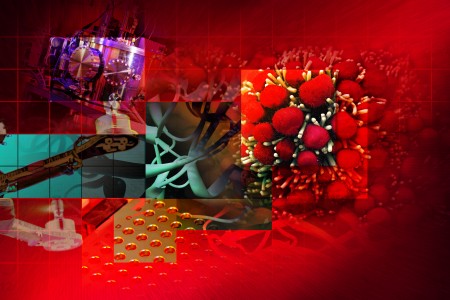
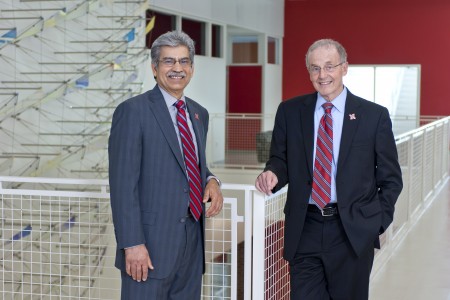
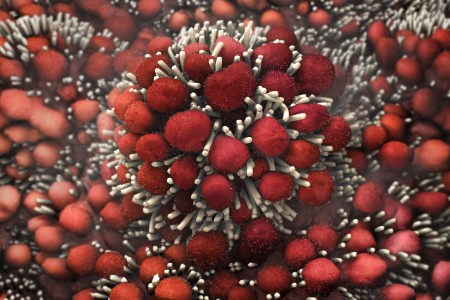
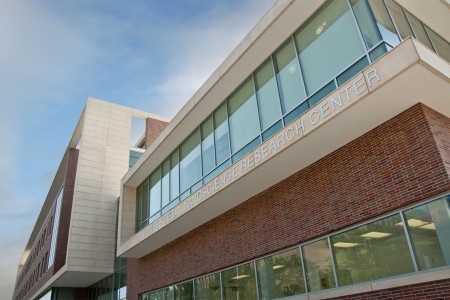
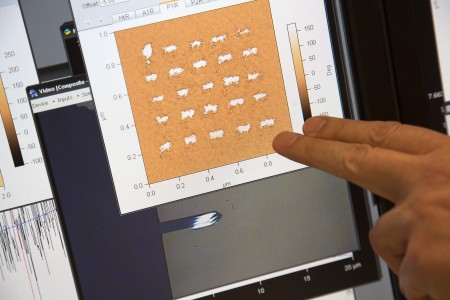
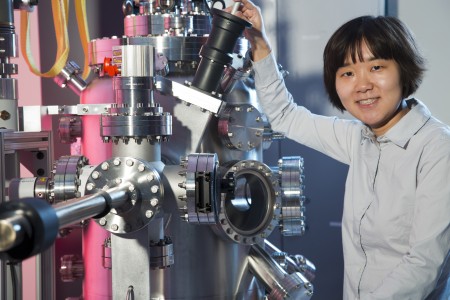
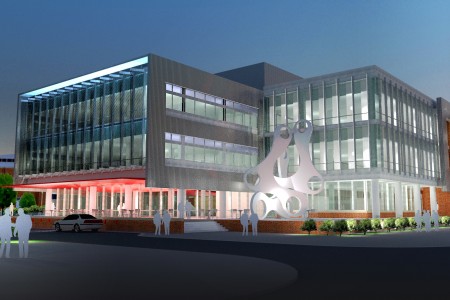
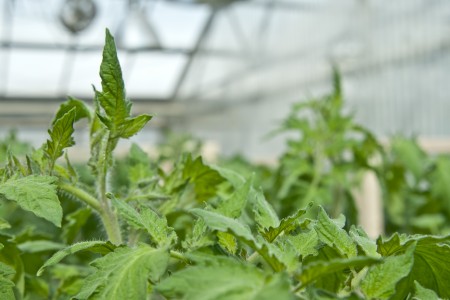
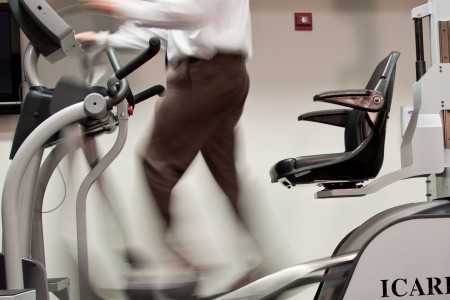
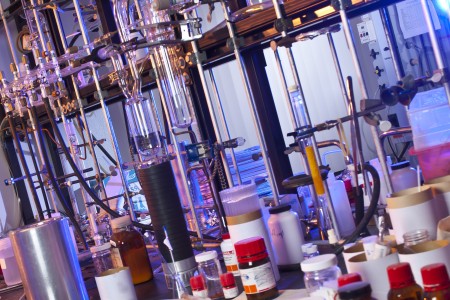
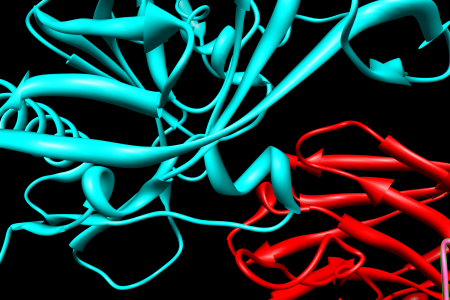
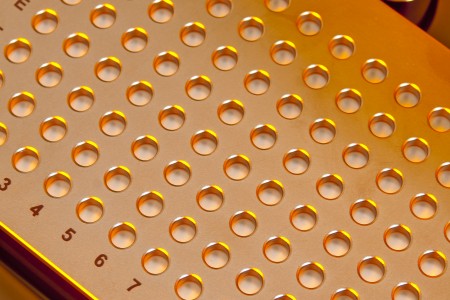
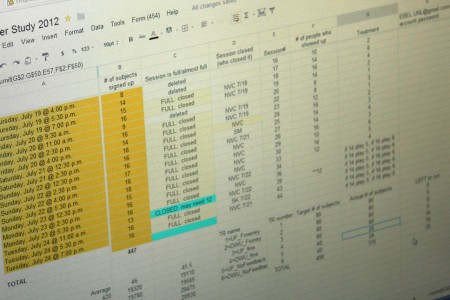
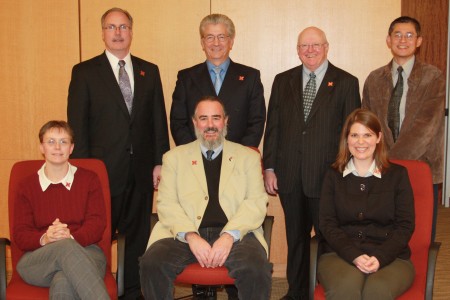
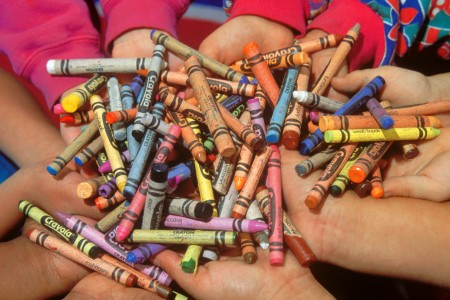
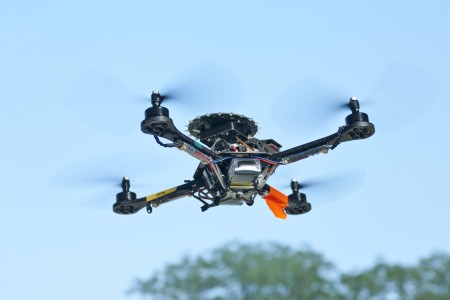
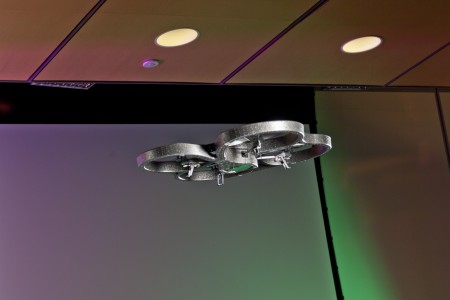
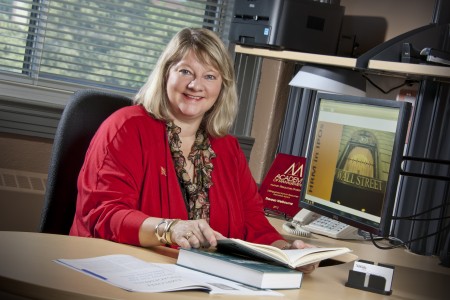
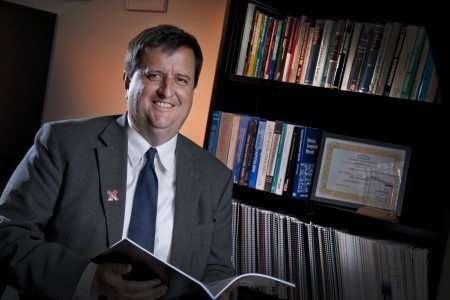



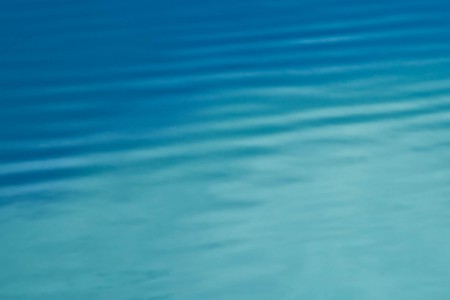
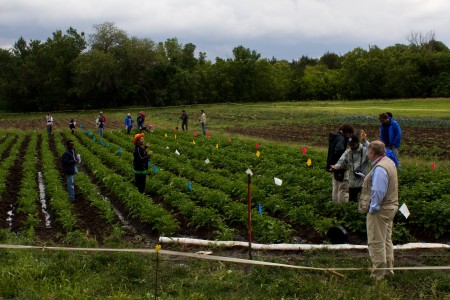

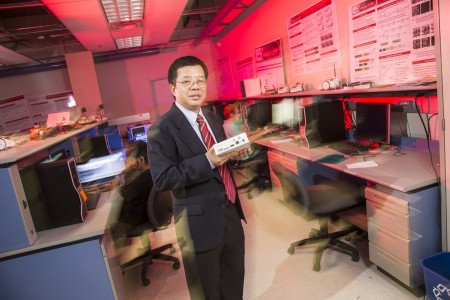

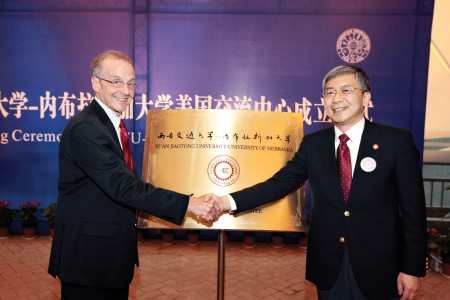
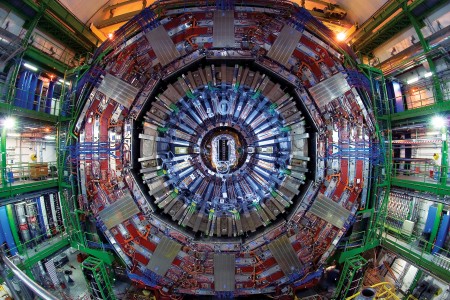
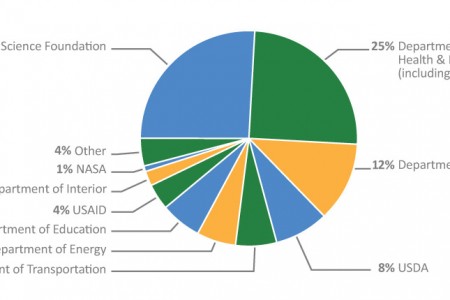

 2011-2012 Research Report
2011-2012 Research Report




